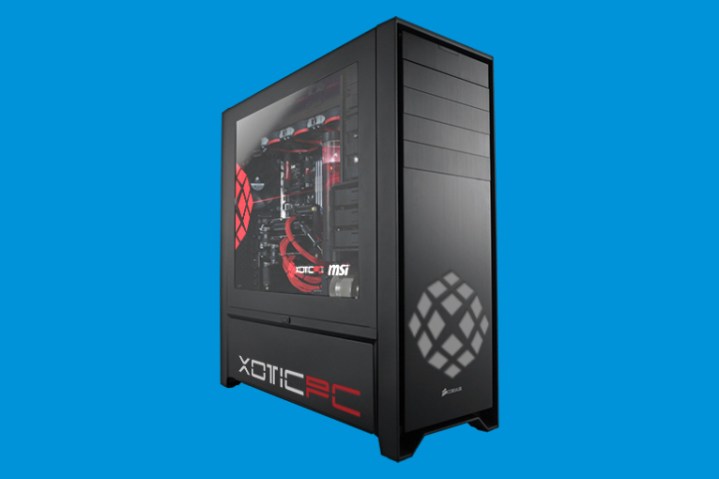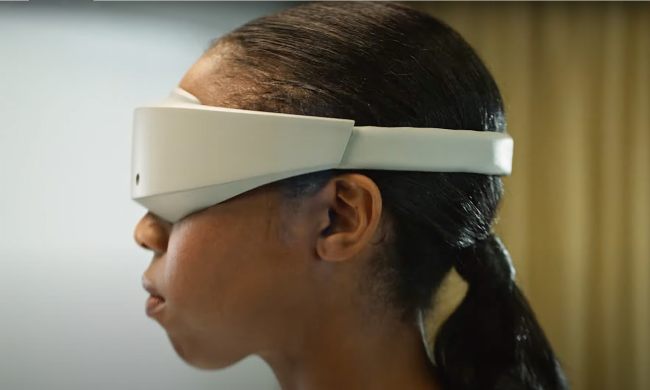
With both the Oculus Rift and HTC Vive now on the market, there’s obviously no better time than the present to drop a motherload of VR Ready PCs, and that’s exactly what gaming computer maker slash reseller Xotic PC has opted to do today.
Employing Nvidia’s GeForce GTX VR Ready graphics tech, every one of these rigs can handle VR games in their 360-degree glory even when personalized at the base level. For all five desktop options, built by Xotic itself, that means an Intel Skylake i5-6500 CPU, an Nvidia GTX 970, 8GB of DDR4 RAM, and a 1TB hard drive. For mobile systems from MSI and Sager, this means a sixth-gen i7-6700 CPU, an Nvidia GTX 980, up to 64GB of RAM, and a 1TB hard drive.
The advantage of buying from Xotic as opposed to other retailers or manufacturers, the company’s CEO Justin Nolte told Digital Trends, is in its “ability to completely customize every system we sell.”
“We’re not pushing cookie-cutter PCs where one size fits all,” he said. “Rather, we offer a wide range of both performance and visual customization options that gamers demand.”
In other words, Xotic PC essentially lets customers build their own gaming PCs, virtually, on demand. And while other PC retailers are doing exactly the same thing, Nolte promises that his company is different because of its “top-notch ratings” in customer support.
“Our performance options — liquid cooling, RAM choices, SSD drives, CPU overclocking, etc. — ensure you’ll have the horsepower to handle VR-based entertainment for years to come,” Nolte went on, “while our aesthetic customizations — carbon dipping, custom paint jobs, etching, custom system wraps, and many others — ensure you have a laptop or PC that’s branded as ‘yours.'”
While the desktop offerings are expensive, with the cheapest option — the Exodus Mini — starting at $1,429, they do appear capable, and are able to support highly demanding VR tech which is a feat in its own right. Unfortunately, the laptops Xotic is selling are less than stellar in terms of battery life, which is advertised as being “2+ hours” long.
Nolte’s defense for this is that “with any high-performance hardware, you’re going to see extra drain on the battery life.” That’s for certain, but why even buy a laptop if it would barely survive long enough to complete Gone Home?
“That said,” he continued, “there have also been increases in battery life, and tools to maximize battery output. The simplest way to increase battery life, of course, is to lower performance when battery life is needed — and all our mobile gaming PCs have technology built in to make that as easy and accessible as possible for those times when you’re not plugged into AC power.”
Lastly, Nolte explained that Xotic’s VR Ready lineup is “future-proof” because the company is confident that the systems will be “immersing you in virtual worlds now and in the foreseeable future.”
If you’re confident in Xotic PC’s ability to deliver on the VR Ready promise, you can examine its selections for yourself here.


